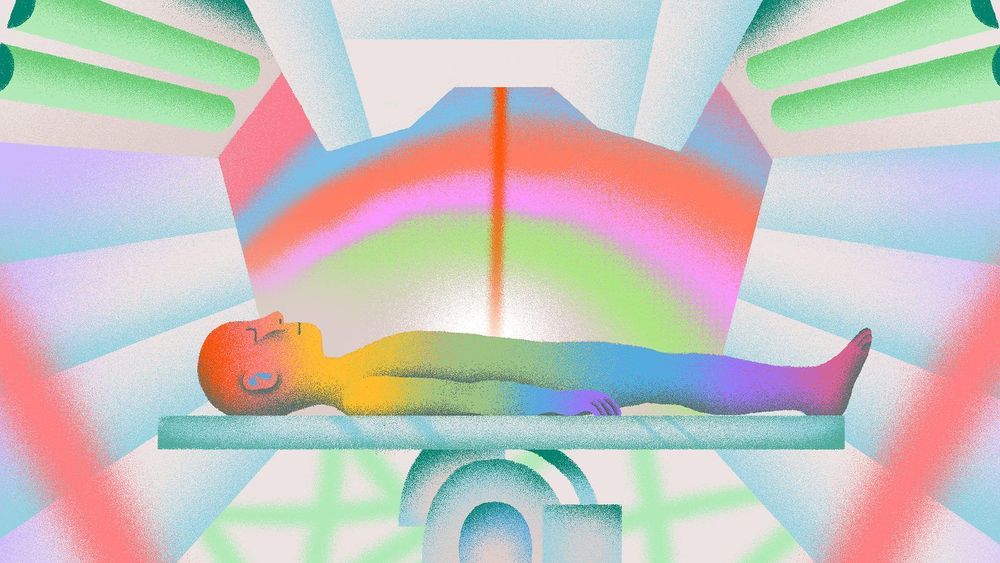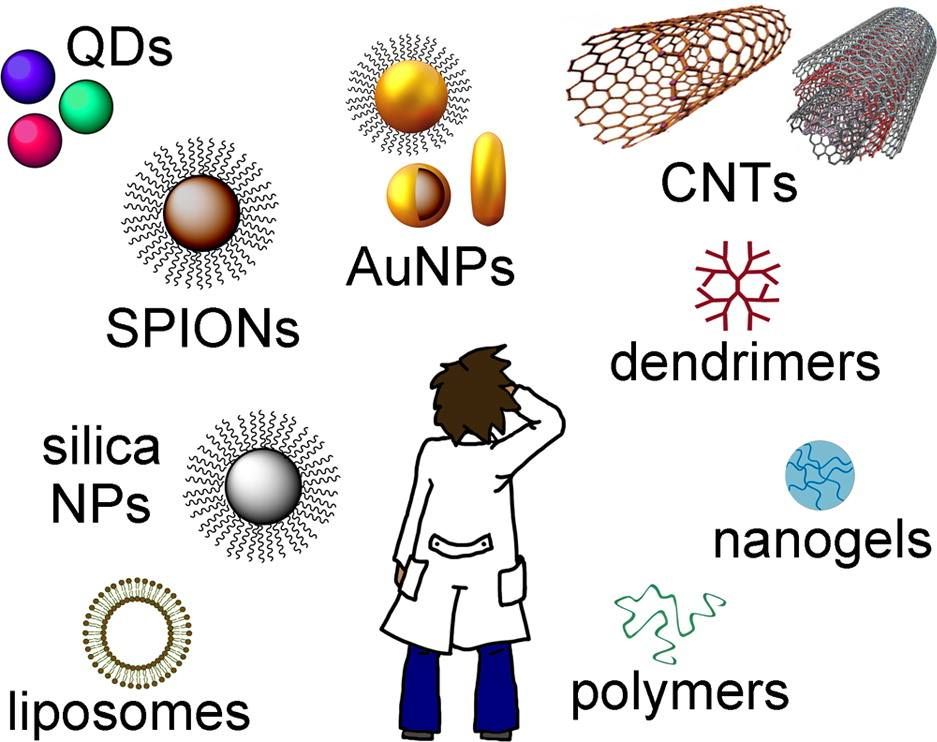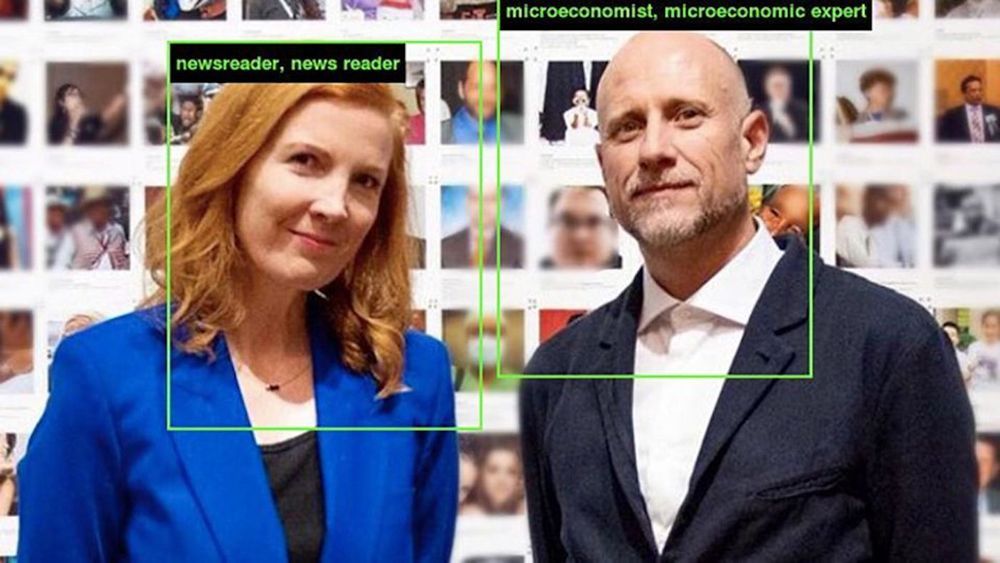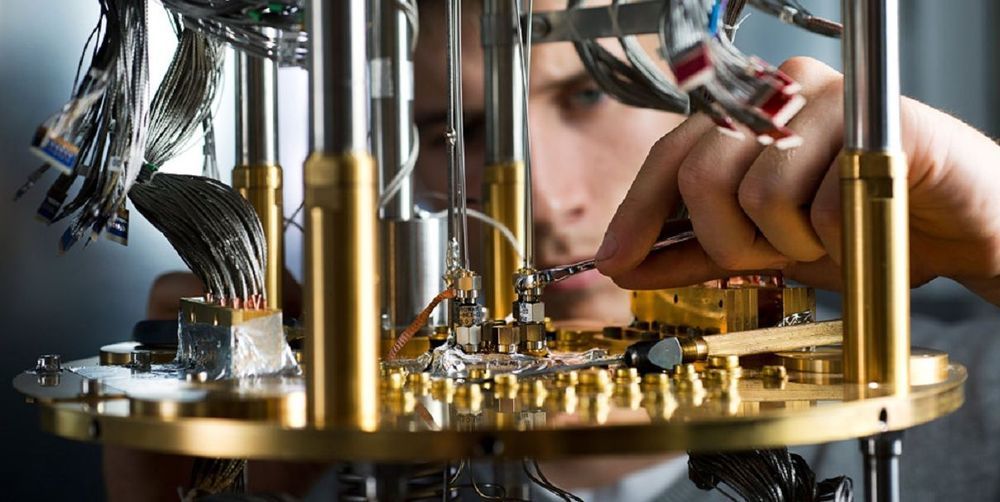Researchers at CERN are investigating how very high-energy electrons could help target tumors.


Using genetic sequencing, University of California San Diego School of Medicine researchers have identified a principal cellular player controlling HIV reproduction in immune cells which, when turned off or deleted, eliminates dormant HIV reservoirs.
“This is one of the key switches that the HIV field has been searching for three decades to find,” said Tariq Rana, PhD, professor of pediatrics and genetics at UC San Diego School of Medicine. “The most exciting part of this discovery has not been seen before. By genetically modifying a long noncoding RNA, we prevent HIV recurrence in T cells and microglia upon cessation of antiretroviral treatment, suggesting that we have a potential therapeutic target to eradicate HIV and AIDS.”
HIV spreads through certain bodily fluid attacking the immune system and preventing the body from fighting off infections. If left untreated, the virus leads to the disease AIDS.

Next generation nanomedicine will rely on innovative nanomaterials capable of unprecedented performance. Which ones are the most promising candidates for a medicinal chemist?
Find out more: http://acspubs.co/XxlB50woh6w

After debuting just shy of two years ago, Boston Dynamics has finally made its Spot robotic dog available for sale, but don’t expect to find a great Black Friday deal on this bot at Best Buy come Thanksgiving. The company hasn’t made them available to the average consumer just yet—only businesses that can promise an interesting application for the technology.
A new twist on robotics.
New twist on robotics: Boston Dynamics showcases Atlas’ agility with gymnastics routine.

D-Wave today announced its next generation “Advantage” quantum computer system. It’ll pack a whopping 5,000 qubits and myriad improvements to processing speed and power. And the Los Alamos National Laboratory in New Mexico will be among the first to have access.
According to a press release from D-Wave, the new Advantage system improves on the previous generation’s 2000Q model – which sports a paltry-by-comparison 2,048 qubits – in nearly every conceivable way:
Designed to speed the development of commercial quantum applications, the Advantage quantum system will power a new hardware and software platform that will accelerate and ease the delivery of quantum computing applications. Reflecting years of customer feedback, the platform captures users’ priorities and business requirements and will deliver significant performance gains and greater solution precision.


A nanoelectrode array that can simultaneously obtain intracellular recordings from thousands of connected mammalian neurons in vitro.
How our brain cells, or neurons, use electrical signals to communicate and coordinate for higher brain function is one of the biggest questions in all of science.
For decades, researchers have used electrodes to listen in on and record these signals. The patch clamp electrode, an electrode in a thin glass tube, revolutionized neurobiology in the 1970’s with its ability to penetrate a neuron and to record quiet but telltale synaptic signals from inside the cell. But this tool lacks the ability to record a neuronal network; it can measure only about 10 cells in parallel.
Now, researchers from Harvard University have developed an electronic chip that can perform high-sensitivity intracellular recording from thousands of connected neurons simultaneously. This breakthrough allowed them to map synaptic connectivity at an unprecedented level, identifying hundreds of synaptic connections.

With metal organic frameworks.
The nonviral, bioinspired gene delivery method developed by researchers at RMIT University has proven effective in laboratory tests and is safer than standard viral approaches.
Widely considered the next frontier of cancer research, gene therapy involves introducing new genes into a patient’s cells to replace missing or malfunctioning ones that cause disease.
As cells are not designed to naturally take up genes or any foreign DNA material, the biggest challenge for gene therapy is getting the therapeutic genes into the cells.